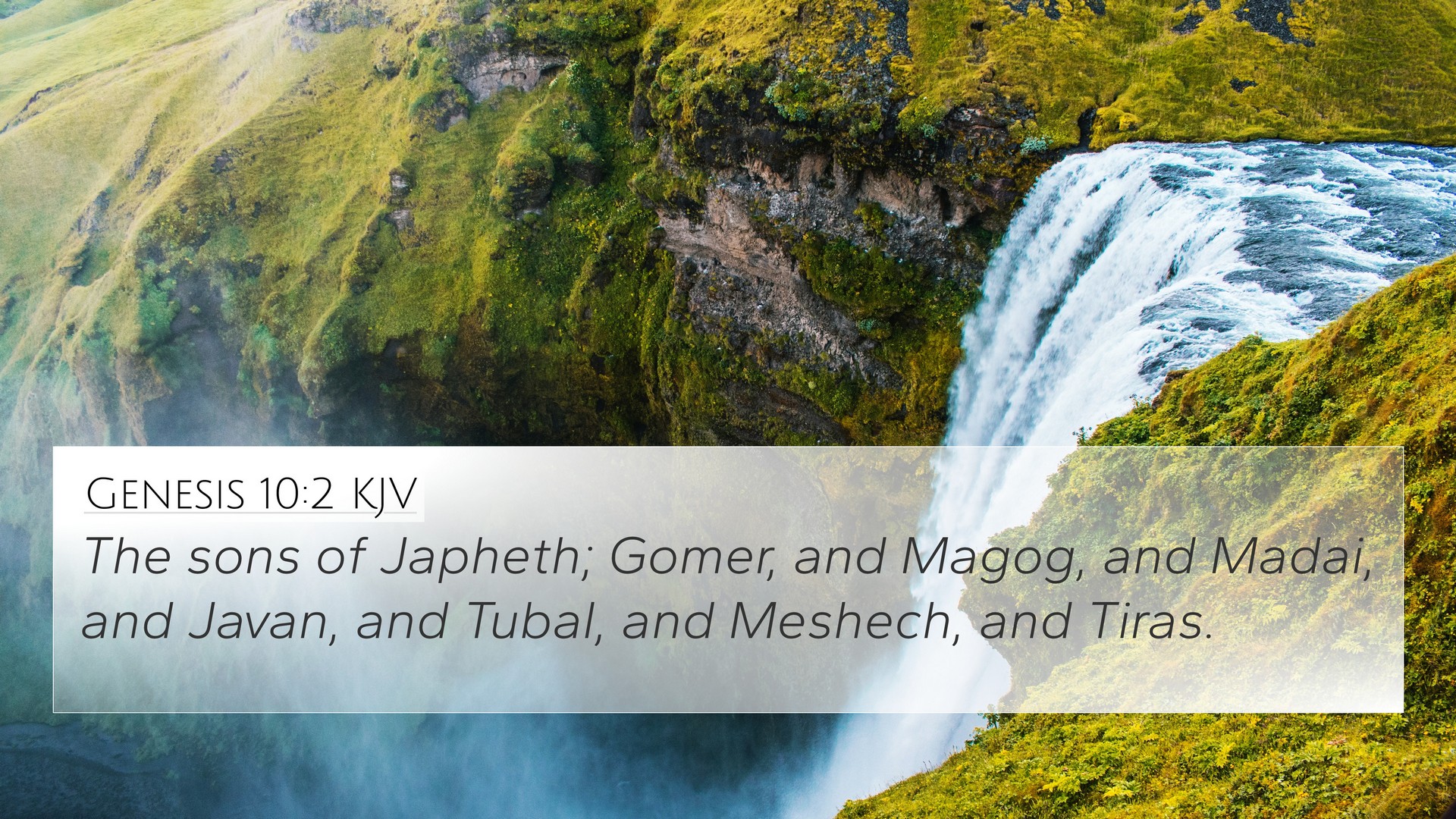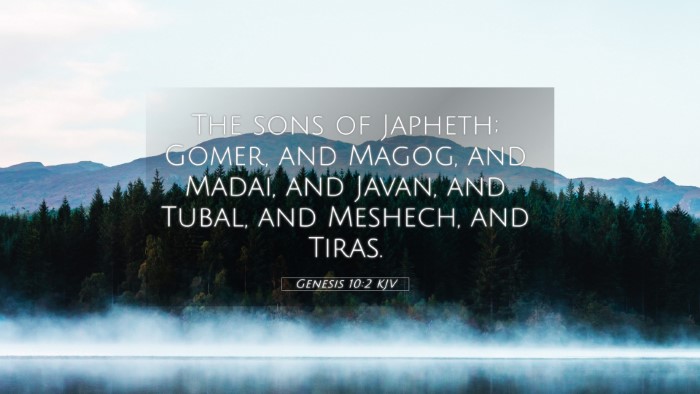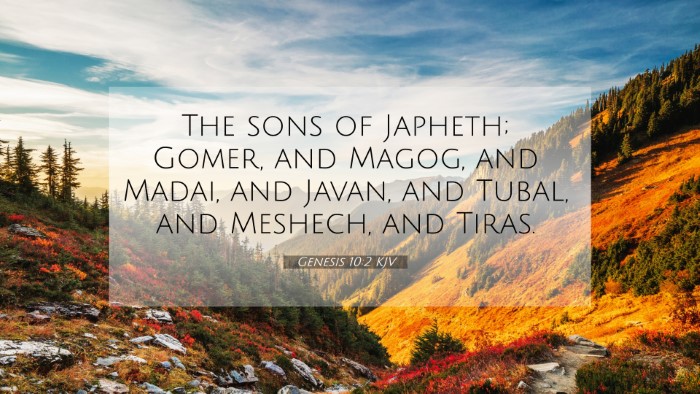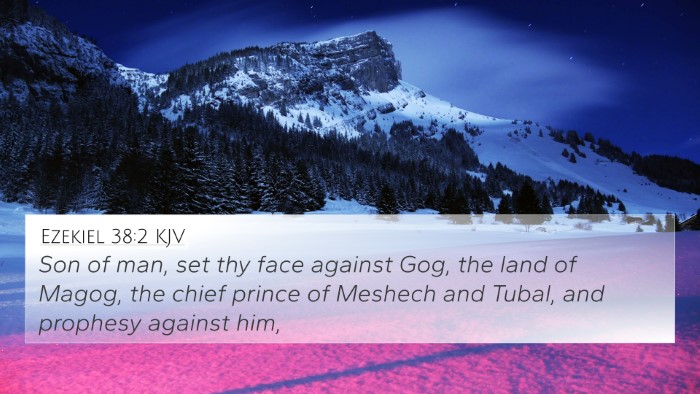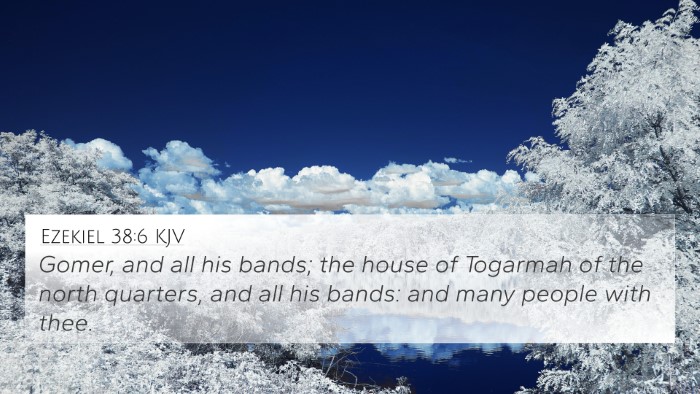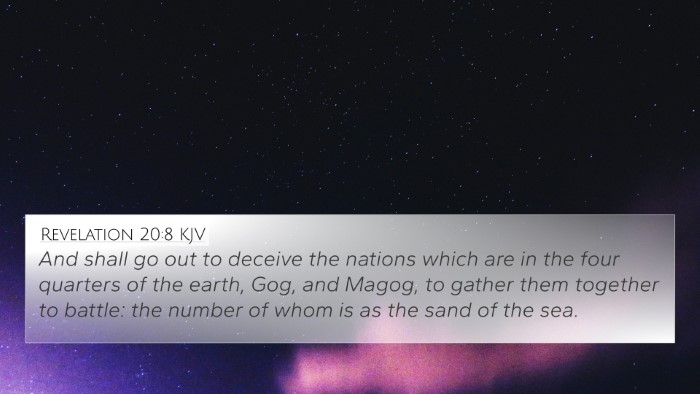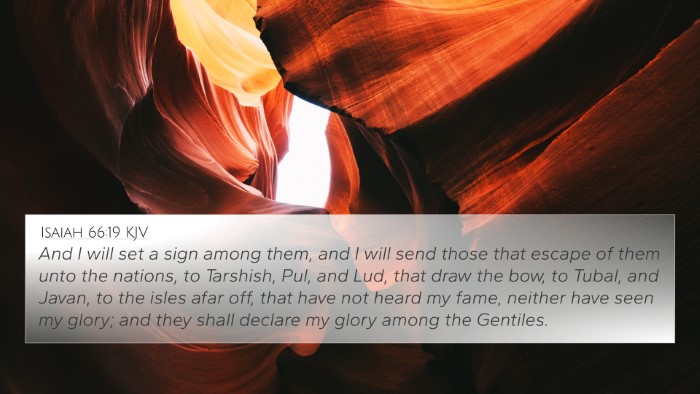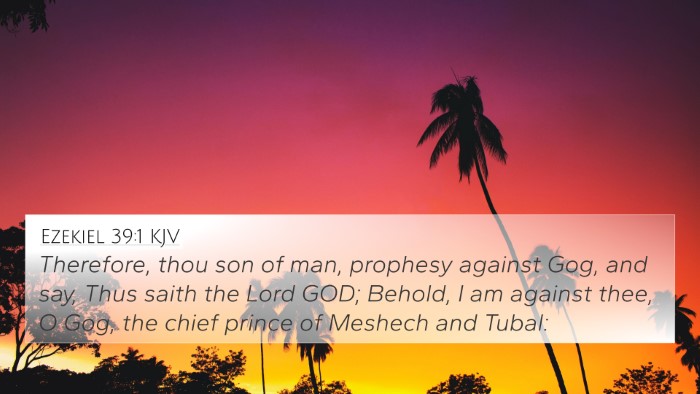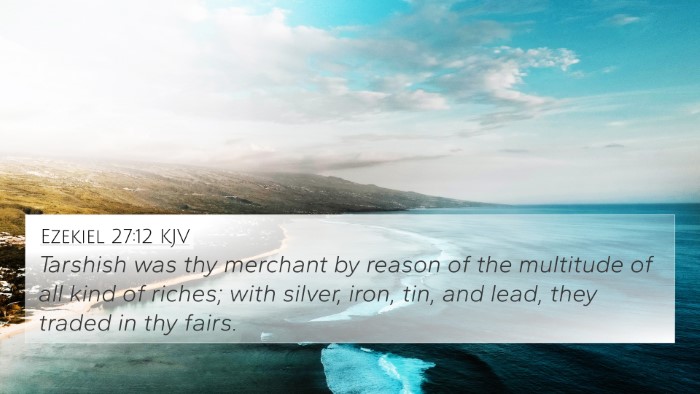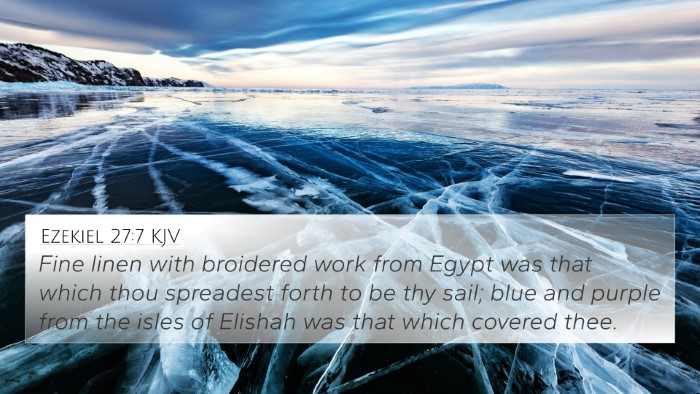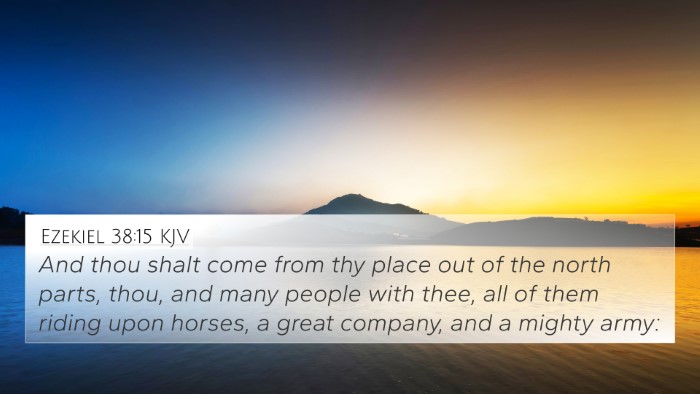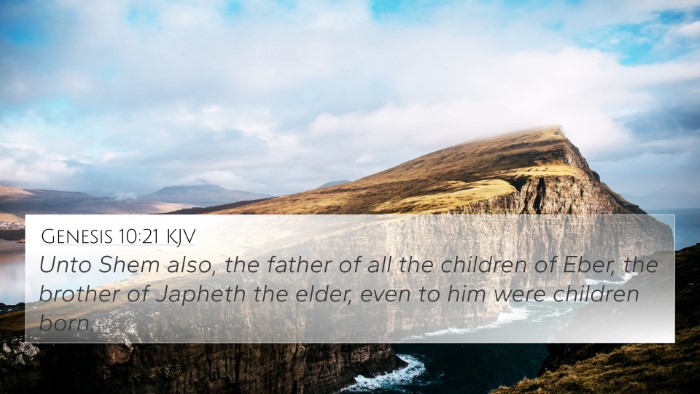Understanding Genesis 10:2
Genesis 10:2 states: "The sons of Japheth: Gomer, and Magog, and Madai, and Javan, and Tubal, and Meshech, and Tiras." This verse initiates the genealogical account of the descendants of Noah's sons, particularly focusing on Japheth. According to commentary from various scholars, this verse signifies not just the lineage but also the origins of nations and peoples.
Significance of the Verse
The genealogy presented in Genesis 10 serves multiple purposes within the biblical narrative:
- Historical Context: The descendants listed in this verse are foundational to understanding the ancient world and its cultures.
- Theological Insight: Each name has implications for the unfolding story of humanity post-Flood, showing God’s continued involvement in the world.
- Polemical Purpose: By specifying these nations, the scripture could be contrasting Israel's covenant with God against the backdrop of Gentile nations.
Commentary Insights
According to Matthew Henry, this passage emphasizes the importance of family lineages in the context of God's covenant and His promises throughout generations. Adam Clarke elaborates on the implications of each name listed, suggesting that they represent different ethnic groups and territories that have played substantial roles in biblical history. Albert Barnes notes the geographical distribution and significance of these descendants in relation to Israel and their interactions in the biblical narrative.
Cross-Referencing Genesis 10:2
This verse connects with a number of other scriptures, showcasing the theme of genealogies and cultural histories integral to biblical understanding. Here are some pertinent cross-references:
- Genesis 1:28: God's command to populate the earth, setting a foundation for the emergence of nations.
- Genesis 9:1: Reiterates the commission to Noah post-Flood, connecting to the filling of the earth.
- Genesis 10:32: Summarizes the nations descended from Noah, confirming the significance of genealogical listings.
- Deuteronomy 32:8: Discusses God's distribution of nations, echoing themes of sovereignty in lineage.
- Isaiah 66:19: Foretells the spreading of God's glory to the nations, many of whom descend from Japheth.
- Acts 17:26: Paul's speech to the Athenians, reinforcing the idea of one origin for all nations of men.
- Romans 1:16: Highlighting the gospel being for the Jew first and also for the Gentile, representing Japheth's descendants.
Thematic Connections in Scripture
Genesis 10:2 not only serves as a launching point for understanding the lineage of Japheth but opens doors for deeper thematic connections throughout the Bible:
- Genealogy and Identity: Many passages emphasize the importance of lineage, such as Matthew 1:1-17, which traces the genealogy of Jesus.
- Hope for the Gentiles: Scriptures like Romans 15:12 highlight the blessings promised to the Gentiles, connecting back to the descendants of Japheth.
- Divine Providence: The orchestrating of nations can be seen from Psalm 22:27, where all nations turn to worship God.
Inter-Biblical Dialogue
The genealogical listings in Genesis not only provide historical context but also engage in an inter-Biblical dialogue that emphasizes God's sovereignty over nations and peoples. This further manifests in:
- Connection with Prophetic Literature: Prophets often addressed nations stemming from these lineages (Example: Jeremiah 25 has a mandate to nations).
- The New Testament Fulfillment: The spread of the gospel to these nations demonstrates the conclusion of God's redemptive plan.
Tools for In-Depth Study
For readers and scholars looking to explore cross-referenced passages based on Genesis 10:2, utilizing tools like a Bible concordance or a Bible cross-reference guide can enhance understanding:
- Bible Cross-reference Study Methods: Engage with thematic studies that draw connections between various scriptures.
- Comprehensive Bible Cross-Reference Materials: Leverage resources that compile extensive references for deeper insight into scripture.
Conclusion
Genesis 10:2, while seemingly straightforward with its listing of names, opens up a rich tapestry of connection and meaning spanning the entirety of the Bible. By examining it through the lens of cross-referencing, genealogical significance, and theological implications, readers can appreciate the depth and coherence of the biblical narrative.
